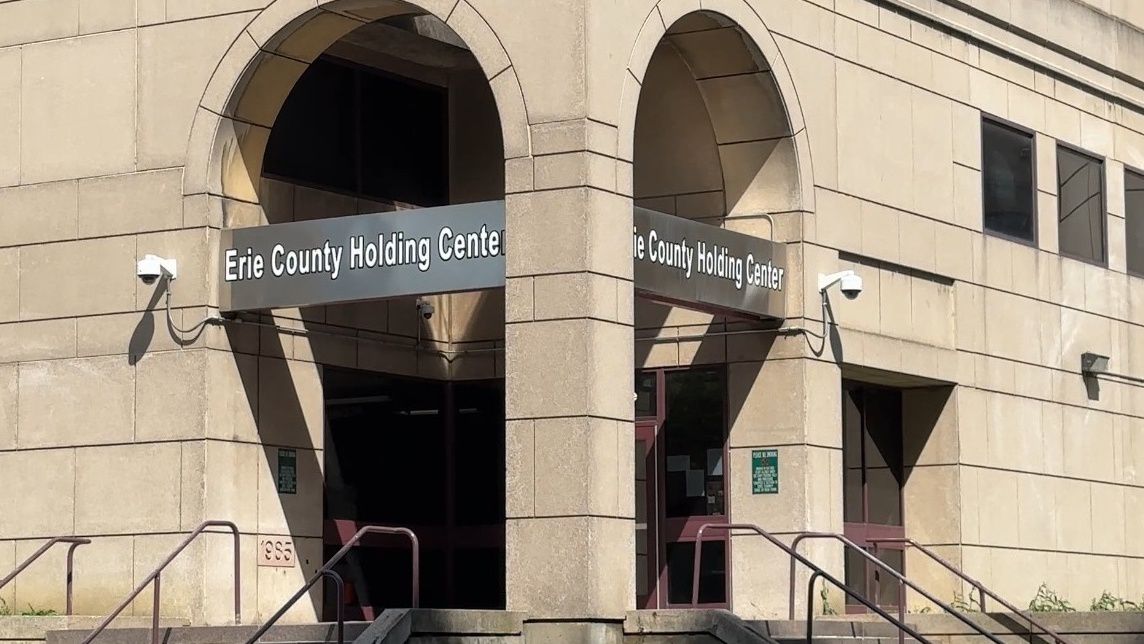As artificial intelligence continues to grow, so do concerns about where it’s used, especially in academia. Many colleges and universities have turned to AI-detecting software to weed out plagiarism, but it’s not always so black and white.
Learning is what Kelsey Auman has done for basically her whole life. Cheating, plagiarism and anything along those lines aren't on the table for the University at Buffalo student as she works to become a doctor.
“The more you’re in school, the more you realize how important it is to have academic integrity,” Auman noted.
On April 9, she was accused of “academic integrity issues” on multiple assignments. Only later did she find out it was because Turnitin’s AI detector flagged her work, despite her not using any AI.
“It was a review, gap analysis, grant proposal — all things that are very formulaic writing,” she said.
With her May 15 graduation on the line, the accusation came as a blow.
“I love learning, but this is not fun,” Auman said.
Stress, anxiety and sleeplessness were what filled her next few weeks and she wasn’t alone.
“I was able to find a solid group of about 20% of our class that was flagged,” she added.
It didn’t stop there.
Spectrum News 1 Buffalo spoke to another student whose final semester was delayed due to an AI accusation, which was later overturned. She couldn’t speak further due to ongoing litigation.
We reached out to UB about this, who said that while they can’t comment on specific cases of academic dishonesty, ”All software made available to instructors is thoroughly vetted and monitored for accuracy. To ensure fairness, the university does not rely solely on AI-detection software when adjudicating cases of alleged academic dishonesty.”
Auman still doesn’t feel like it’s a fair system.
“People like to say, 'you can't put the toothpaste back in the tube,'” she said.
She started a petition to stem the usage of Turnitin’s AI detection.
“We talk about in public health: false positives, false negatives, specificity, sensitivity, all of those things," she said. "Unfortunately, with Turnitin, [...] the numbers don't mean anything. There’s no reasoning given.”
Other universities have made shifts.
- Vanderbilt University disabled Turnitin’s AI detection in 2023, noting issues of false positives and flagging writing of non-native English speakers at a higher rate
- The University of Nebraska-Lincoln said there were also more false positives among neurodivergent students (ADHD, autism, etc.)
- MIT said clear AI policies and open discussion might be a better route
- The University of Iowa suggested a focus on assignment design instead
“I think if they're concerned about being equitable, which most universities care about, then they should be concerned about using this technology,” Auman said.
Auman was able to show her browser history and the research she did for her assignments.
Her case, along with many others in her class, was cleared. That's something she considers “damage control” after her petition went live. It's also why she continues to speak out.
“We need the university to realize things have been done wrong," she said. "We need to do better in the future because this is going to keep happening."
Turnitin said a few weeks after its AI detection tool launch that its false positive rate is less than 1%, meaning for every 100 human-written documents, one would be incorrectly flagged. They also noted that the score should not be weighed alone.












